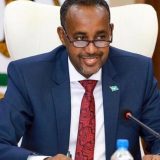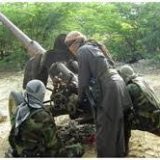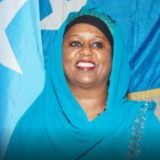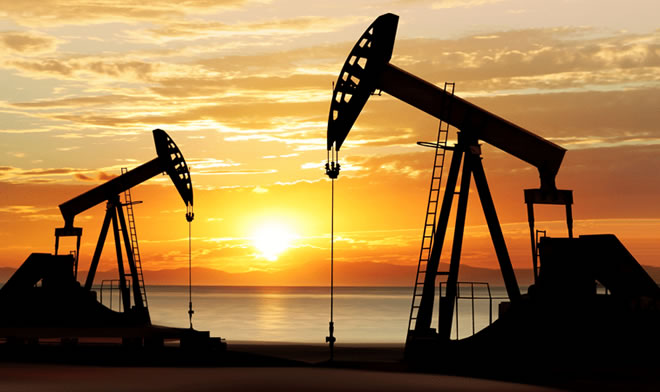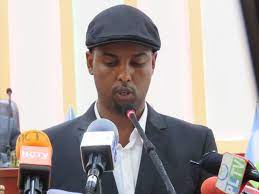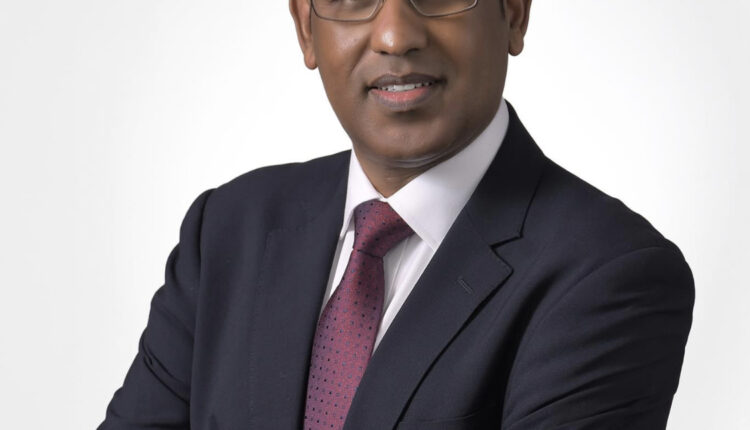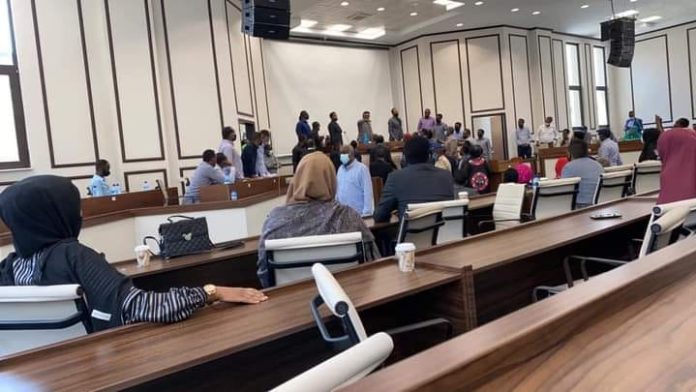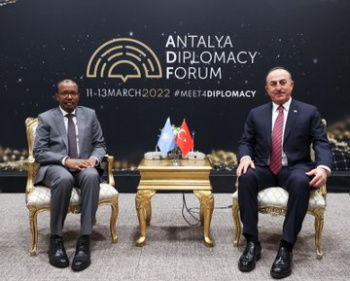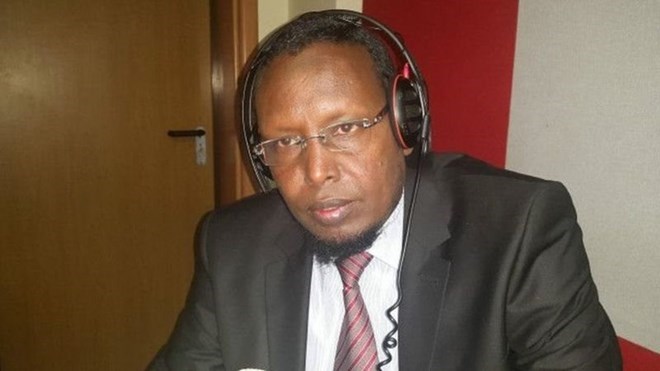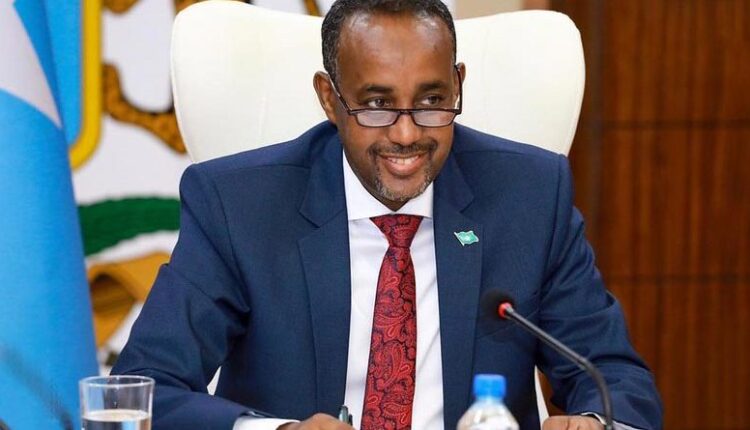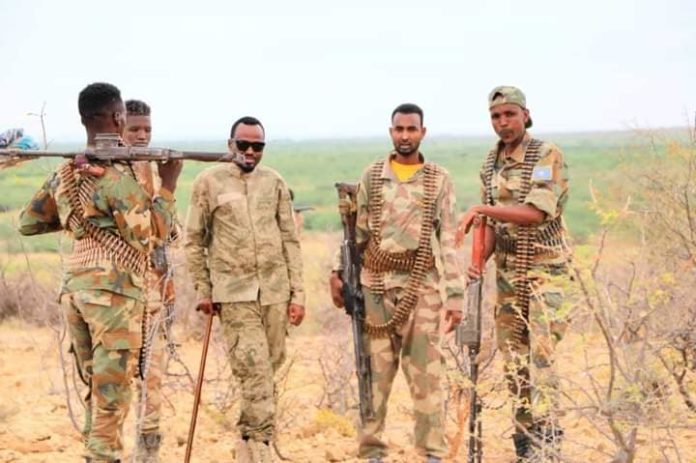in our Federal Constitution, the Powers of the President are Largely Nominal
In our Federal Constitution, the Powers of the President
are Largely Nominal
By Said Farah
31/10/2014
Recently I heard the president saying more than once that he has different views on a
lot of political issues quite the reverse to that of the PM. With these, I sensed a warning
signal for a major showdown that will soon come between the two, in running of the
affairs of government. Indeed my anticipation came true in a relatively short period.
The PM carried out a limited reshuffle among his cabinet around a week ago while the
president openly rejected it. To my curiosity I decided to go back to federal constitution
document for review-I have both of its Somali and English versions saved in my
computer-to check which office holds the actual executive power to manage, nominate
or fire the cabinet members in the federal government.
Before I pass my interpretation to what I have found in chapters 7 and 8 of the
constitution, I would like to share with you the conclusion of my follow up to public
reactions in the mass media about the current political standoff. Most of the common
Somali audiences who commented the event thorough local or international media
have put their wrath of this crisis on either the PM or on the President. However to
my surprise, a significant number of those interviewed-who claimed to be lawyers or
professors in some reputed colleges- failed to apprehend the meaning of the texts of
articles enshrined in the federal constitution that related to the separation of powers
and responsibilities of both PM and the President, who on contrary directed their curse
on contradictions in the constitution itself, which seems completely unfair to me. In
my opinion the behavior of this last group may result of the kind of our early childhood
training in schools that lacked careful analytical and judgment skills to evaluate our
surrounding problems.
Below is a brief discussion on several articles in chapters 7 and 8 in the federal
constitution that highlight the responsibilities and powers of both the President and PM.
In this interpretation I am neither in favor nor in opposition to each of the two but will
only focus on the explanation of legal texts written under those articles.
The President is a Guardian of the Federal Constitution
The president is the promoter of the constitution and stands equidistant from all the
three branches of the federal republic namely: Executive, Judiciary and parliament. His
role is largely titular whereby he puts his signature on the collective decisions issued
by each of the three institutions mentioned, after submittal to his office, without any
kind of objection but only after ensuring that the legal institutional procedures were
appropriately practiced in each branch.
For example as per article 90 in chapter 7 in the federal constitution, the president will:
(c) Appoint and dismiss the Commanders of the Forces at the Federal Government
Level on the recommendation by the Council of Ministers;
(e) Dismiss ministers, state ministers and deputy ministers on the recommendation of
the Prime Minister;
(f) Sign draft laws passed by the Federal Parliament in order to bring them into law;
(j) Appoint the chairman of the Constitutional Court, the High Court, and other judges at
the Federal Government Level in accordance with the recommendation of the Judicial
Service Commission;
(k) Appoint senior Federal Government officials and the heads of the Federal
Government Institutions on the recommendation of the Council of Ministers;
(l) Appoint ambassadors and high commissions on the recommendation of the Council
of Ministers;
All above powers are exercised by the president only after obtaining recommendations
from the relevant branch authority concerned i.e. From the PM himself (executive),
Judicial services commission or from the Parliament. The above legal explanation was
clearly communicated in article 97, chapter 8 (The Executive) for the case of executive
decisions:
(1) The executive power of the Federal Government shall be vested in the Council of
Ministers, in accordance with the Constitution.
(2) The Council of Ministers is the highest executive authority of the Federal
Government and consists of the Prime Minister, the deputy prime minister (s), ministers,
state ministers and deputy-ministers.
(3) The Prime Minister shall appoint deputy prime ministers, ministers, state ministers,
and deputy ministers. Those eligible for membership of the Council of Ministers may
be, but shall not be limited to, members of the House of the People of the Federal
Parliament.
As well as to article 100; the powers of PM
(a) Be the Head of the Federal Government;
(b) Appoint and dismiss members of the Council of Ministers;
(c) Present the Council of Ministers and government program before the House of the
People of the Federal Parliament to seek their endorsement;
(d) Carry out any other function conferred upon him or her by the Constitution or by any
other law that complies with the Constitution and its underlying values.
As for the case of Judicial issues, Article 109A (6) asserts the following
(6) In accordance with a law and regulation formulated by it, the Judicial Service
Commission can do the following:
(a) Appoint, discipline and transfer any member of the judiciary at the Federal
Government level;
(b) To decide on remuneration and pensions of members of the judiciary at the Federal
Government level;
(c) To decide on other work matters of the judiciary.
Causes of recurring disputes over Executive powers
Starting from the raw that erupted between Abdulahi Yusuf, the first Federal president
and Ali Geedi the then PM in 2007 to the current standoff between Hassan and Abdiweli
as well as quarrels in the high echelons of subsequent in- between governments
headed by Sharif, the dispute over who will have the upper hand in running of the
affairs of the executive branch became a problematic issue that need to be addressed
because it could hamper the progress towards political and security stability in our
nation. In my opinion the major factors that contributed to this reappearing crisis are the
following:
1. The absolute powers that were held by the previous dictator-Siyad Barre- still
loom in mindset of the Somali people. Adopting of that, they would imagine that
for anyone who fills this same office has the absolute authority to exercise the
same powers similar to those of the previous president , with no consideration of
the difference in the two situations and their two constitutions
2. The currently practiced clan based political system is unconstitutional and
hence is not applicable to actual implementation of the federal constitution
in the country. In substitute, the federal constitution rules a popularly elected
parliament –not clannishly selected- whereby the chair person of whichever party
that wins the majority vote take the oath of the powerful premiership office while
a figurehead president with nominal powers is to be elected from the house of
councils as per Article 1(a) in the constitution.
3. We don’t have the culture to sort our differences based on our legislation. This
was exacerbated by deliberate breach of the law by power lust politicians, and
to lack of awareness of the importance of the rule of law in maintaining social
order by the large silent majority. This same social epidemic behavior has played
a major role to the downfall of our erected republic after lasting in a mere three
decades and still contributes to deterioration in the efforts of remaking a modern
Somali state.
Conclusion
To get a lasting a lasting solution to this political stalemate, we suggest the following
points
1. To work for realizing vision 2016 by establishing political parties and running
of parliamentary elections on time to conform with the design and the political
structure of the federal constitution
2. To my opinion the current federal constitution is the best of all Somali
constitutions ever formulated. Even the 1961 constitution contained some
loopholes whereby it collected all state powers in the office of a president who
was not popularly elected on contrary to presidential systems existing elsewhere
such as in USA, France, Nigeria etc that normally come to their offices after
being directly elected by their people.
3. To establish federal constitutional court as soon as possible to arbitrate disputes
in powers and responsibilities among different offices of the government
4. To increase awareness of the public on the importance of the constitution and
the rule of law in preserving social harmony and effectiveness of all tiers of
government to serve the best interest of the public
The author of this article is the chairman of UDAD political association which is officially
registered in the state of Puntland. He can be reached at [email protected]

